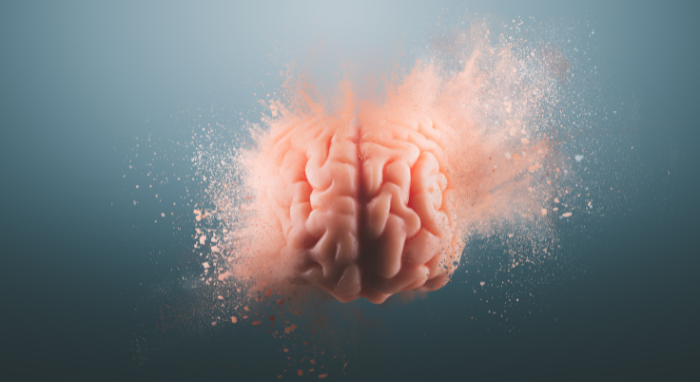Memory naturally starts to decline earlier than we think — when people are in their 30s — but such incidents are common and illustrate perfectly normal forgetting, said Dr. Richard Restak, a clinical professor of neurology and rehabilitation medicine at the GW School of Medicine and Health Sciences. Forgetting usually means we’re not focusing or paying attention to something long enough. “You’ve got to make efforts to set up your memory and keep it working,” he noted. “You want to enhance whatever natural abilities you might have.” Here are tips for keeping memory sharp at any age:
- READ FICTION AND COOK FROM RECIPES – Both activities employ the use of working memory — which involves maintaining a particular piece of information and moving it around your head, “so it doesn’t just sit there,” Restak said.
- PLAY GAMES – Poker, bridge and chess can be helpful. Restak also liked crossword puzzles and Sudoku, but he was a fan of the game 20 Questions in particular. All of these games also give your working memory a workout. “Working memory is associated with intelligence, therefore it’s a part of your mind that you want to maintain the best way you can, and it can be done in very informal ways,” Restak said.
- CONVERT WORDS INTO IMAGES – Seeing is “more primal” than writing and reading, “so therefore if we could convert language into images, it will definitely enhance your memory. You’ll remember much easier,” he advised. “Get in the habit of converting anything which you find hard to remember into a wild, bizarre or otherwise attention-grabbing image,” Restak advised in his book.
- FIX HEARING AND VISION PROBLEMS – These issues are shown to be directly related to the onset of dementia, most notably Alzheimer’s, Restak said. Poor hearing is among 12 modifiable risk factors for dementia, according to a 2020 commission report in The Lancet.
- TAKE NAPS – Naps help consolidate memories, so if you’re studying or preparing for a presentation, take a sleep break afterwards — it can help you recall that information, Restak said. His preferred nap length is 20 minutes. A daily nap can be helpful if it fits into your schedule — the afternoon can be the best time as people naturally become drowsy after lunch.




